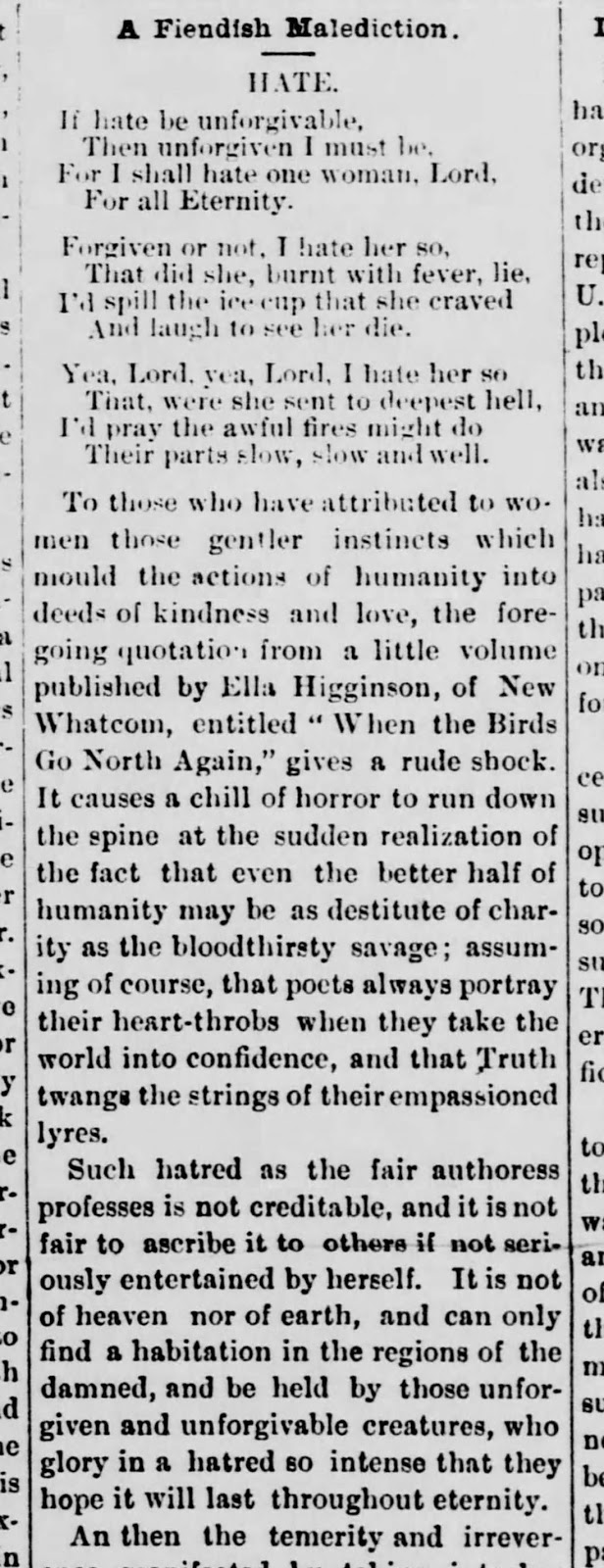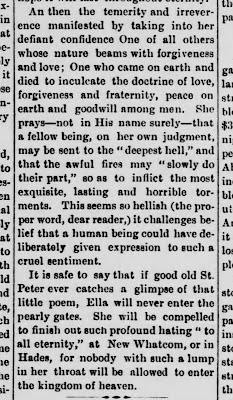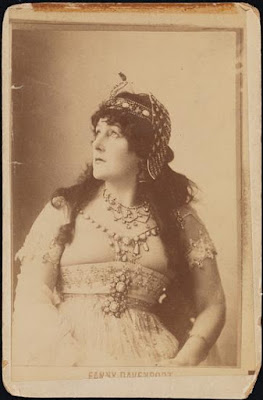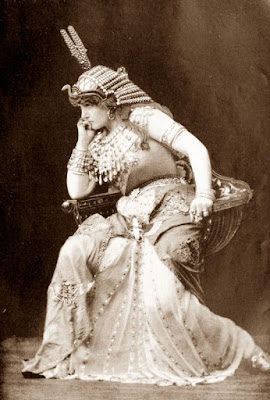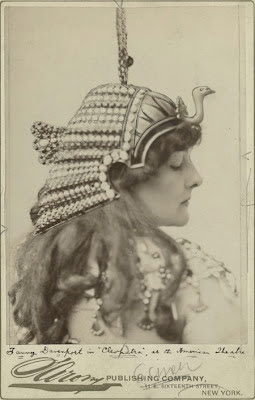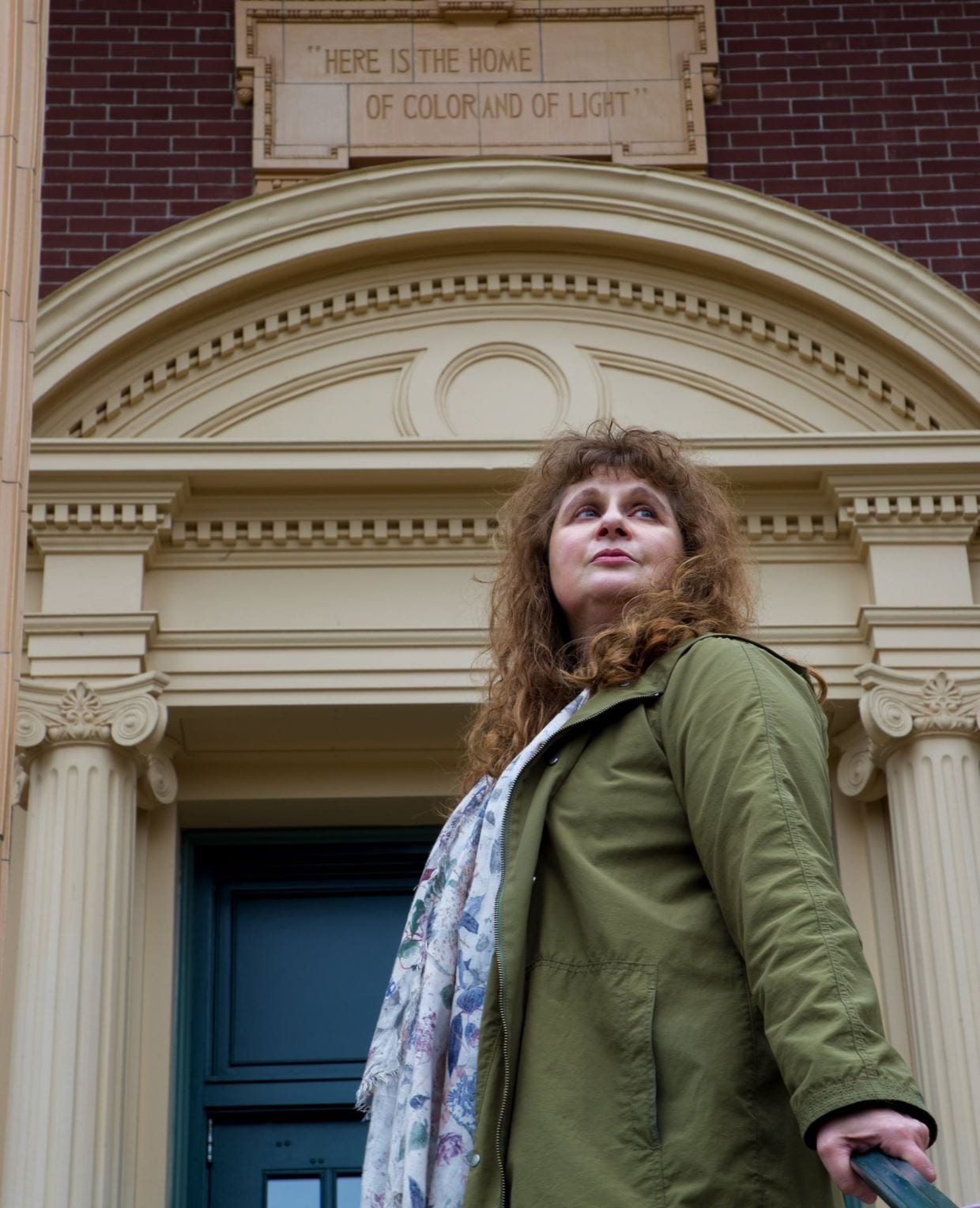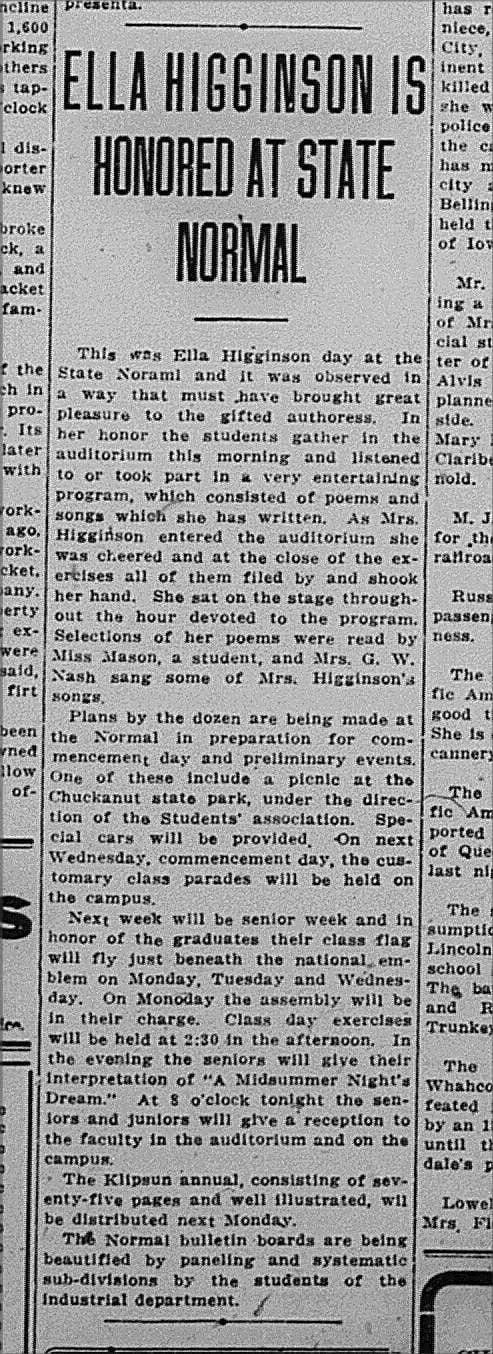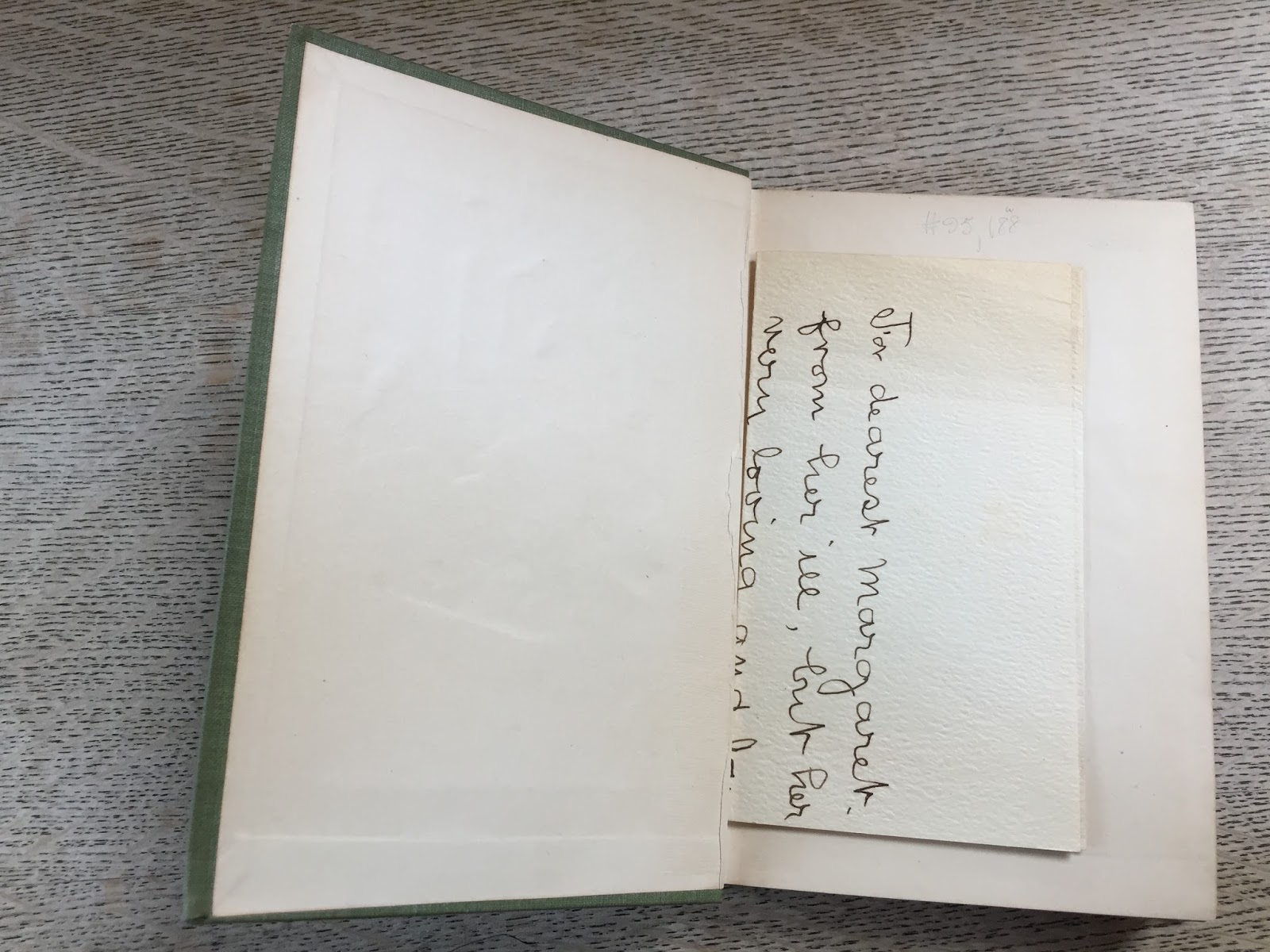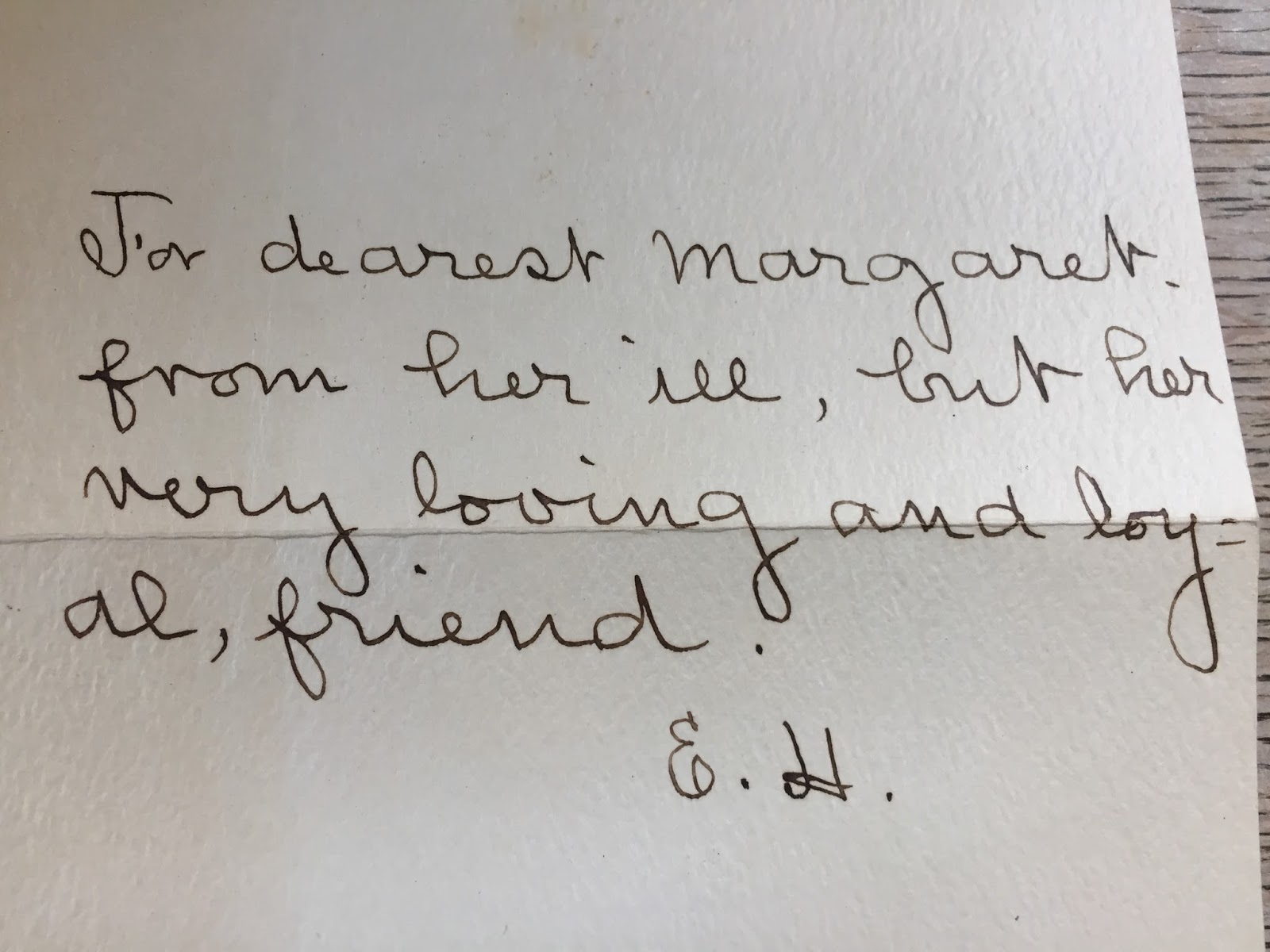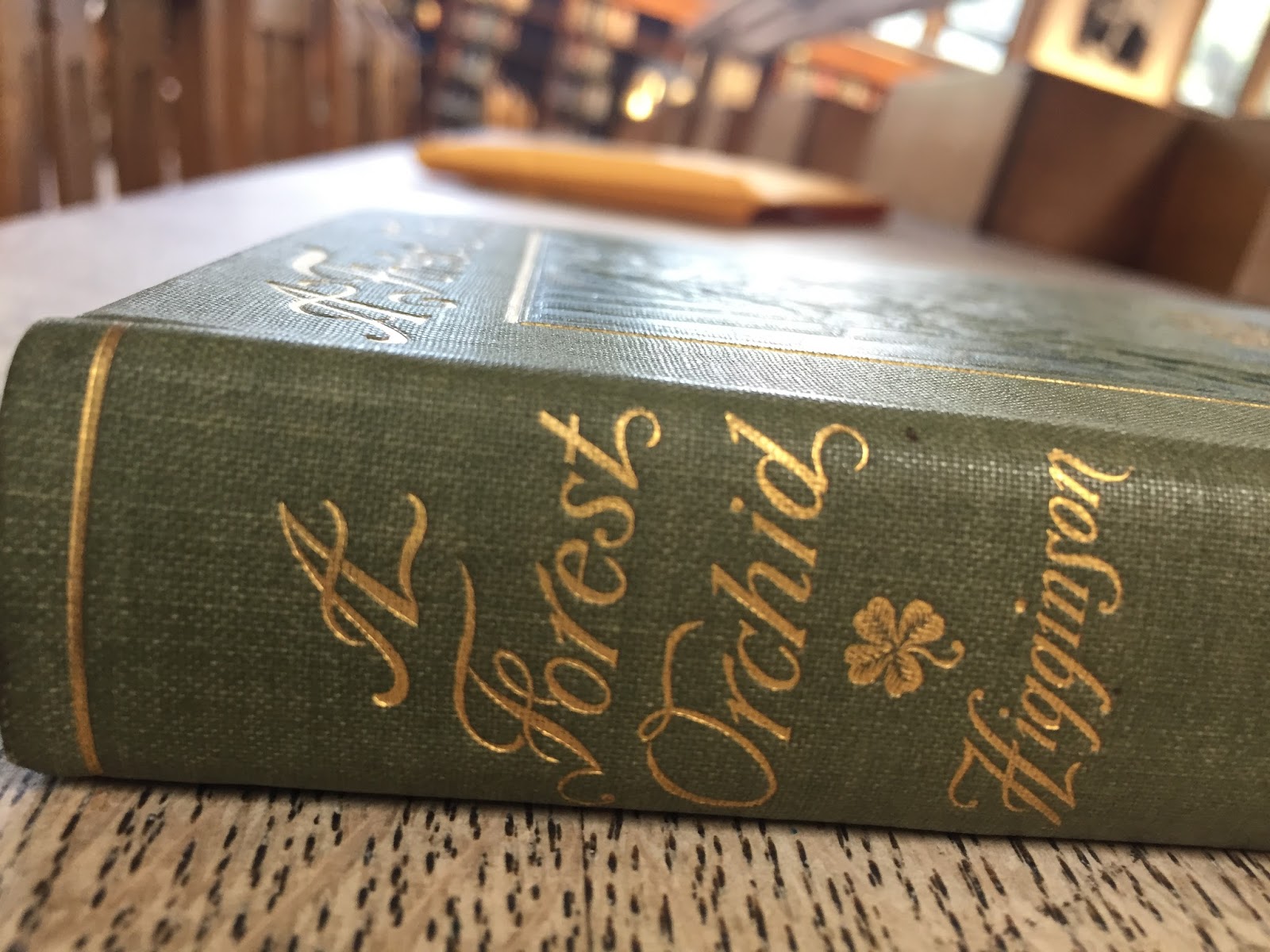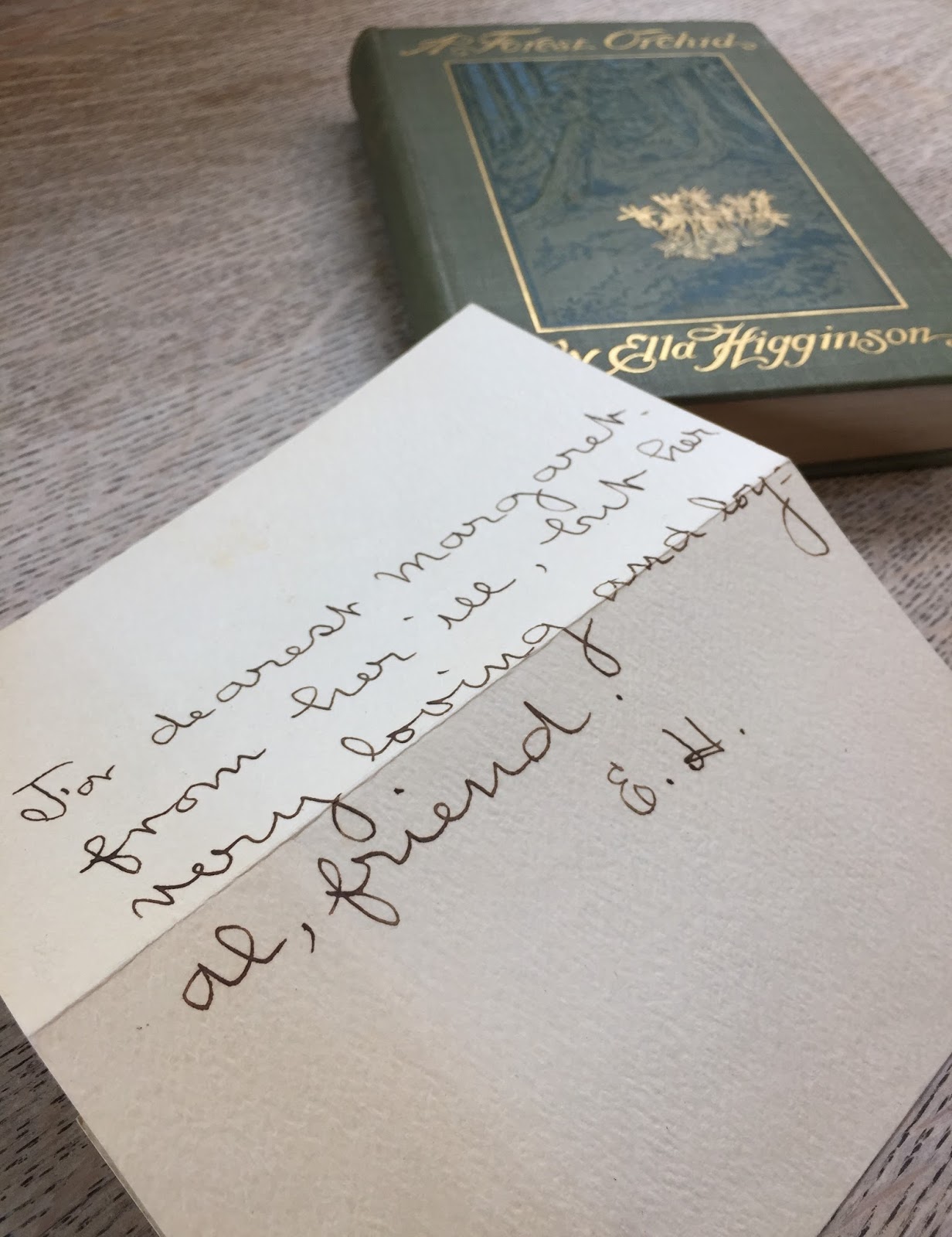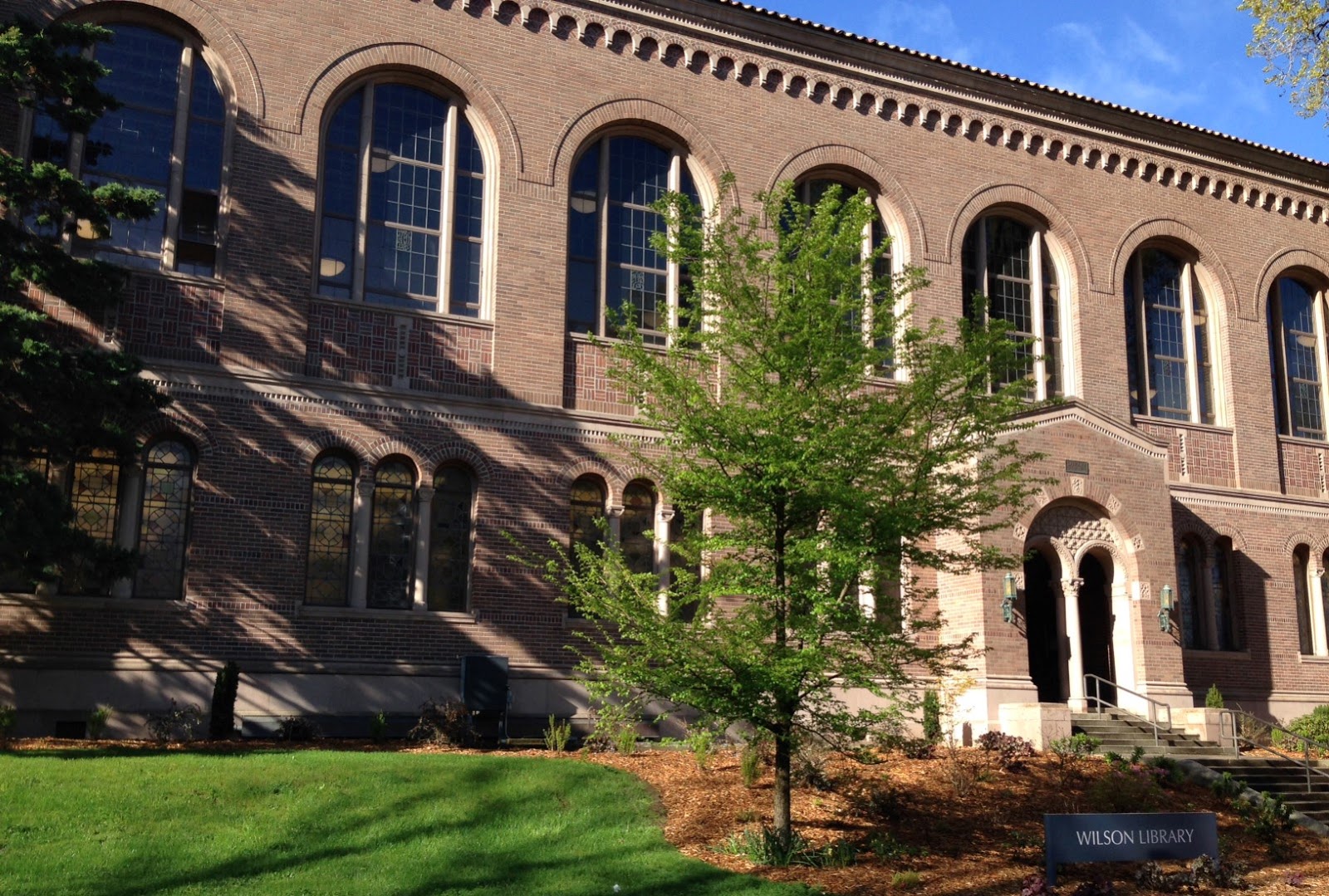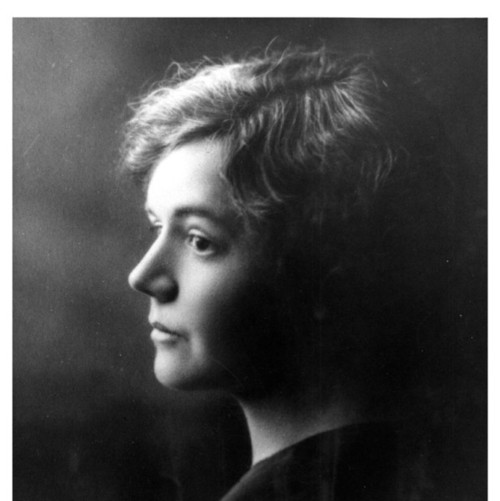The Premier, a passenger steamer, after its deadly collision with the collier ship Willamette. Image courtesy of Wright, E.W., ed., Lewis & Dryden Marine History of the Pacific Northwest, Lewis & Dryden Printing Co., Portland, OR 1895
Wreck of the Premier” recounts the October 8, 1892 collision of the
collier ship the Willamette and the passenger steamer the Premier
on Puget Sound that resulted in six deaths and many more injuries. Ella
Higginson, who escaped unharmed, was on the Premier heading south to
Seattle when the vessel reportedly entered a thick fog near Port Townsend. The Willamette
was carrying 2,400 tons of coal at the time, and the Premier roughly 70
passengers. Shortly after the Premier departed from Port Townsend, where
it docked briefly for passenger boarding, they were struck on their portside by
the bow of the Willamette across from Bush Point. The Willamette
impaled the Premier’s pilot house, dining room, smoking room, saloon,
and the sleeping quarters of the crew.
realized after the collision that if he were to put his vessel in reverse and
pry them apart, the Premier would immediately flood due to its gouged
portside and sink in the middle of the channel. The passengers were then
instructed to gather the dead and wounded as best they could and transport them
from the nearly-destroyed Premier to the Willamette. Captain
Hansen then plowed across the channel, driving the Premier through the
water, and beached her on Bush Point. A tugboat called the Goliah,
hauling a vessel north, passed by a little while later and was flagged down by
the Willamette. The Goliah abandoned its task and instead loaded
the passengers and raced to Seattle, where the wounded were admitted to
Providence Hospital.
Daily Chronicle of Oregon, Ella Higginson recounts her experience:
disaster which we have seen was written by Ella Higginson. She says that all
her life she has had a desire to be in an accident, preferably a water
accident, because the waves always curl up so soft and caressing that it seemed
to her it would be a good place to lie down beneath them and rest. “Well,
I have had my desire, and I am bound to confess that when I stood on the guard
of the Premier with the whole side of a bedstead in one hand, a pillow, yes a
feather pillow, in the other, my cloak under my arm, and a life-preserver
around my waist, and realized that in a moment I might be struggling with those
same waves for my life, there was nothing soft or caressing in their
appearance. I was flung on the floor several feet from my chair, and men, women
and pieces of furniture were swept violently past me. I heard groans and moans
of anguish, and low murmers of prayer, but not one scream. Not for an instance
did I lose my presence of mind.”
a life-preserver for herself, she was met with unexpected difficulty,
particularly from the other male passengers:
staterooms to get a life-preserver, but every door was locked. Then I ran out
on the rear guard, and I found men climbing down from the upper deck, and up
from the lower. They all swarmed around me, and all shouted at once, ‘Now
madam, keep cool! Don’t get excited!’ In two seconds I realized that the
flutter of a petticoat had the effect on every man of jerking his mouth open
and forcing out the words: ‘Keep cool! Don’t get excited!’ Exasperated, I
exclaimed: ‘I am cool! But in the meantime, we may as well be thinking of
life-preservers. We needn’t be too cool for that!’ ‘Life preservers!’ wildly
ejaculated a man. ‘Why, madam, we are on Puget sound! A boat can’t sink on
Puget sound!’
Even in that awful moment I was struck with the grim humor of his reply. What
an advertisement for Puget sound! Then a lady with a solemnity that puts me
into convulsions of mirth now whenever I think of it: ‘Young man, don’t you
tell us that if it ain’t so!’
chaos on board, Higginson concluded her letter by mounting her soap box and
calling for reform:
want to lift up my voice for better laws concerning life-preservers. I want
them out in plain sight, easy of access―I don’t want them under berths in
staterooms with the doors locked, I want them labeled. They may not be pretty
ornaments for finely furnished cabins, but let me tell you, Mr. Law-Makers,
that after you have been in a shipwreck, they will be beautiful in your own
eyes under any and every circumstance. Another thing, make a law that the name
of each passenger shall be taken. The man who jumped overboard is unknown, and
may always be. We don’t want to vote, but take our advice sometimes on a new
law.
from “The Premier Collision: A Visit From One of The Survivors—Ella
Higginson’s Account—Some Suggestions.” The Dalles Daily Chronicle.
25 Oct. 1892.
the Premier,” Higginson only references one specific casualty, that of
thirteen year-old Frank C. Wynkoop of Tacoma, WA who was traveling with
his family. Two places in the poem a mother is referenced, once in the first
stanza with, “One poor mute mother by her dead,” and again in the seventh
stanza with, “The mother stirred, and her pale lips/Prayed now above her dead.”
The mother here is Mrs. D. J. Wynkoop, young Frank Wynkoop’s mother, who Ella
Higginson later recalls having spoken to earlier in the voyage. Frank Wynkoop’s
head was “smashed almost to a pulp” and “Mrs. Ella Higginson, the poetess, of
New Whatcom, assisted in laying out the body of the boy” (“Disaster in
Dense Fog” The Seattle Post Intelligencer. 9 Oct. 1892).


